Moderna to Double Size of Boston-Area Base
The expansion is set to increase the company's COVID-19 vaccine production capacity by 50 percent.
As the race to meet global vaccine supply needs continues, Moderna announced the expansion of the company’s base in Norwood, Mass.
The firm is set to transform its existing facility from a production lab space to an industrial technology center by growing its footprint from around 300,000 square feet to 650,000 square feet, through the acquisition of another building located on the same campus.
This expansion will increase Moderna’s vaccine production capacity by 50 percent. Additionally, it will support the firm’s technical development capacity and preclinical production capability and will also boost the company’s efforts to increase the shelf-life stability of the vaccines.
The announcement comes after Moderna disclosed its plans to increase the global COVID-19 vaccine supply to 3 billion doses in 2022. To meet this goal, Moderna will also rely on its investments in Europe, including Spain, France, Belgium and Switzerland. The vaccine production is expected to scale up by late 2021 and early 2022. The company also forecasted to deliver between 800 million to 1 billion doses this year.
Boston life science market – a hot commodity
While the coronavirus outbreak bolstered the need for life sciences properties across the entire U.S., Boston maintained its status as the country’s top-ranked life sciences hub in 2020, according to a ranking by JLL.
READ ALSO: $1B Life Science Project Starts Construction in Boston
Boston continued to maintain its resilience going into 2021, and it’s poised for further growth in coming quarters. Heightened demand for life science space in Boston pushed activity from the urban core into the suburban market along Route 128—where Moderna’s facility is also located—according to CBRE’s Boston Market Outlook for 2021.
Due to extremely low vacancy in core submarkets such as East Cambridge, tenants will be pushed to consider spaces in other locations. CBRE predicts that submarkets such as Somerville and Charlestown will likely become the next life science clusters within Boston, thanks to their proximity to other biotech companies, as well as to MIT and Harvard.

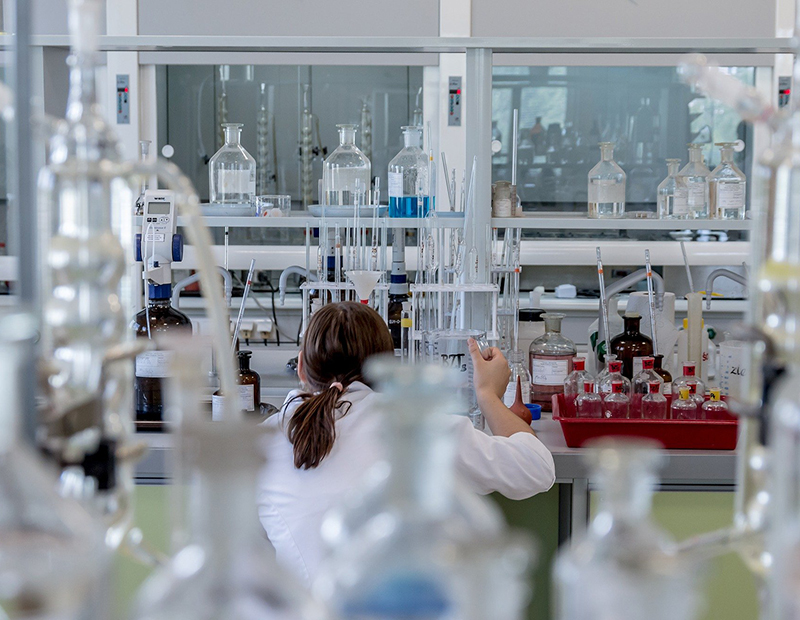
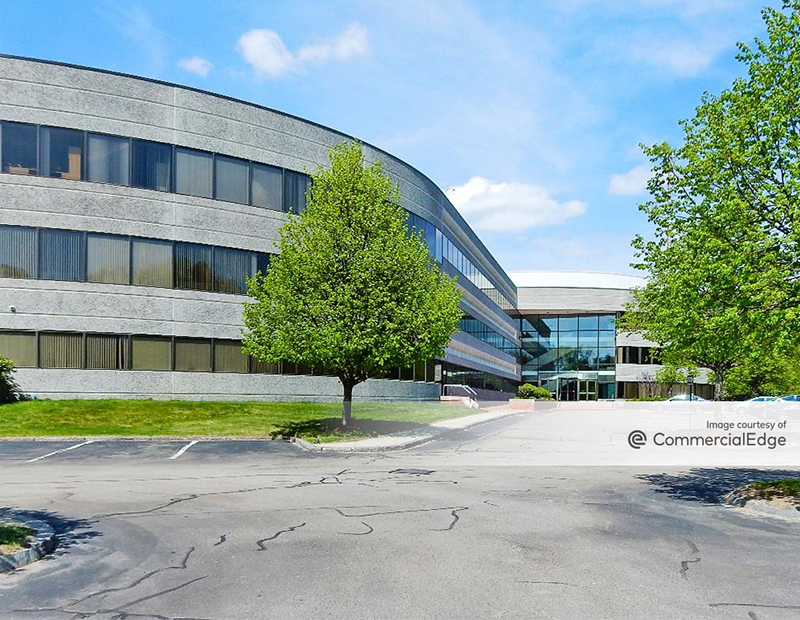
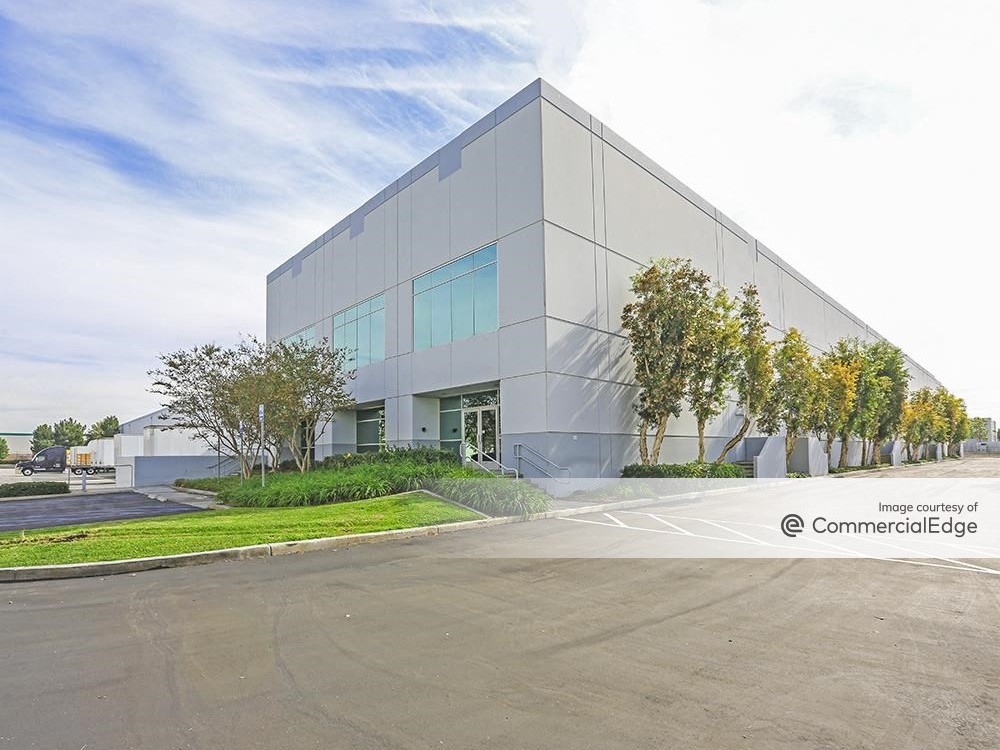
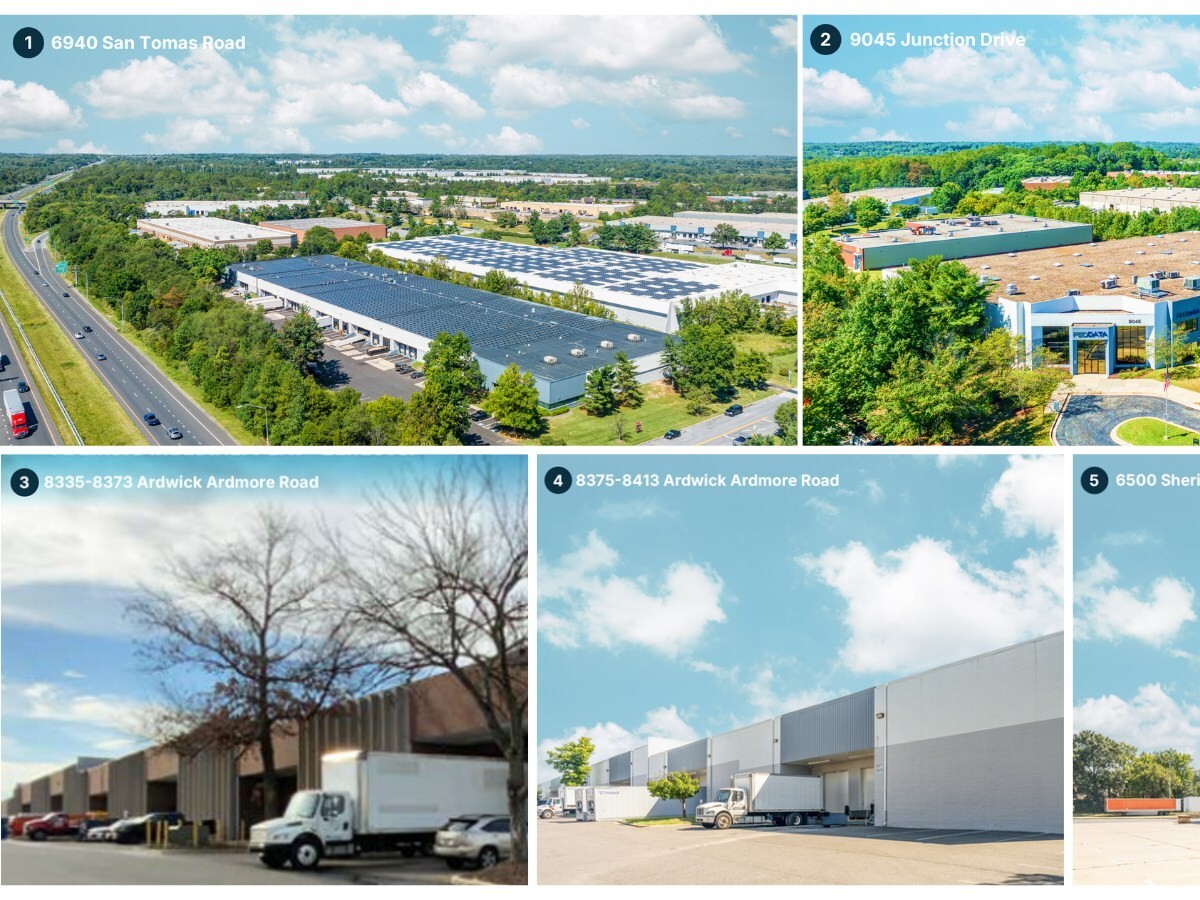
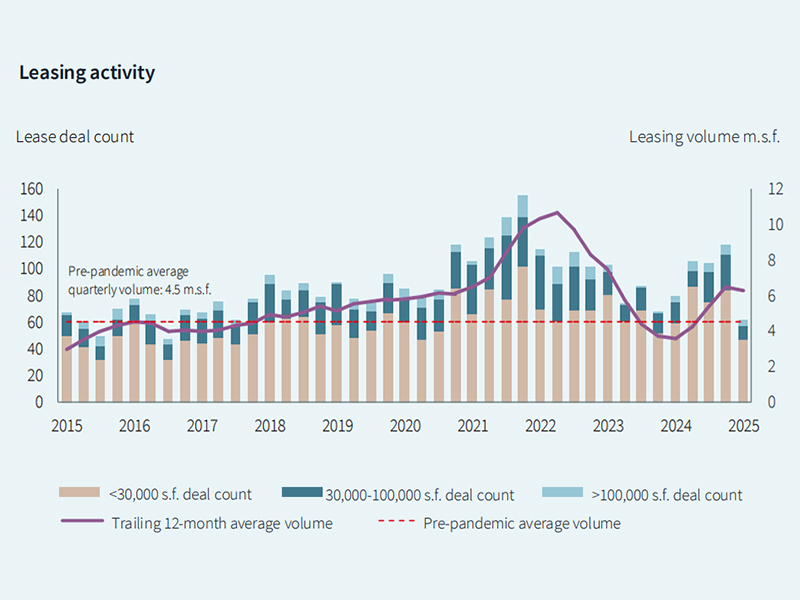
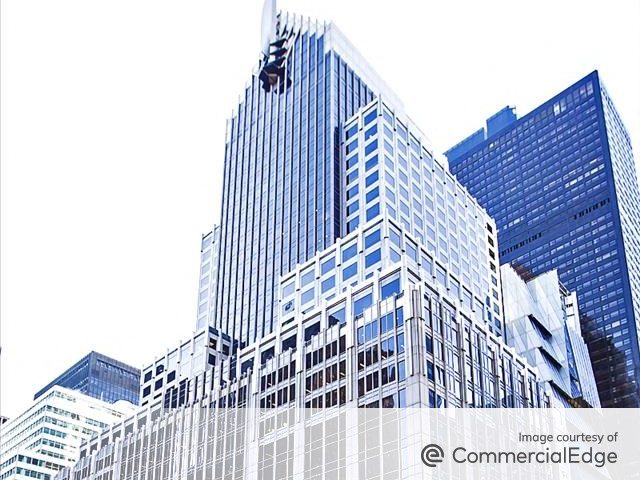
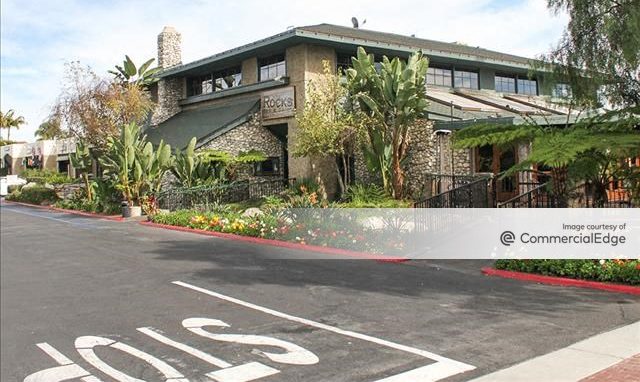
You must be logged in to post a comment.